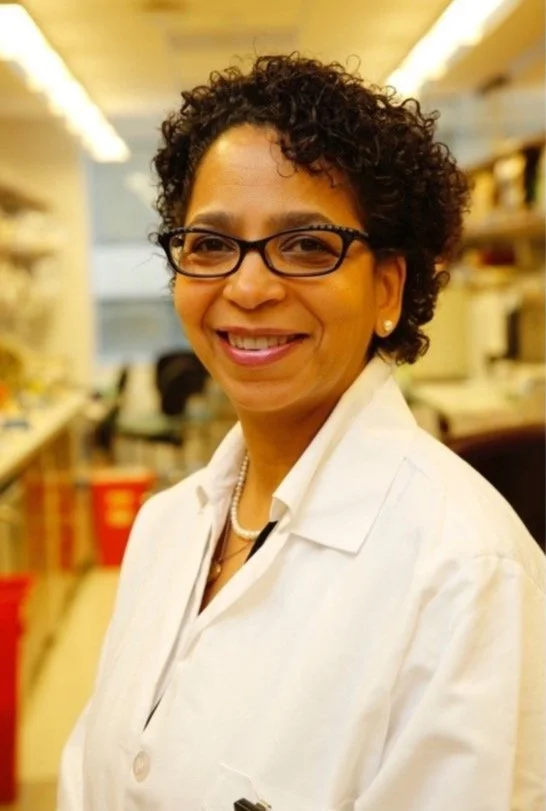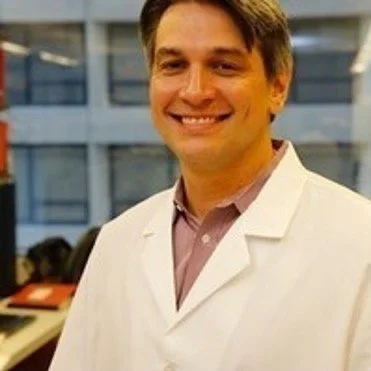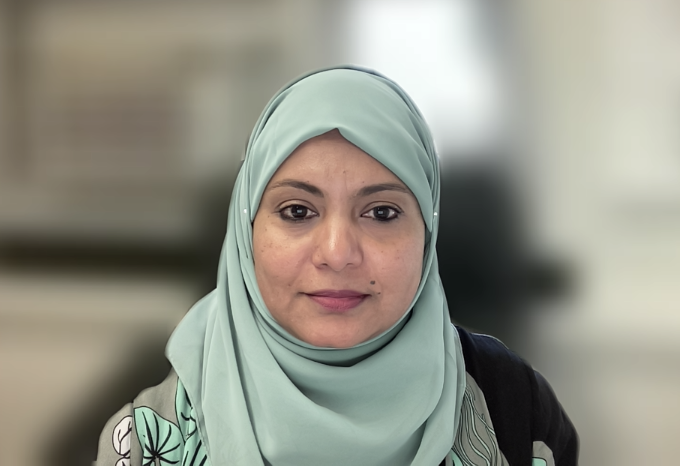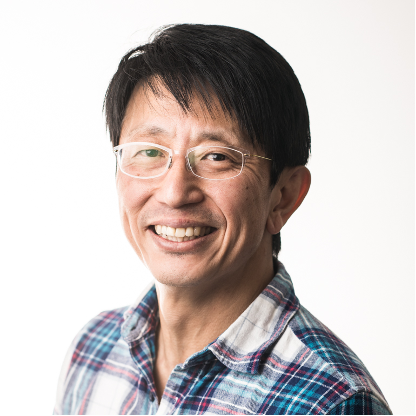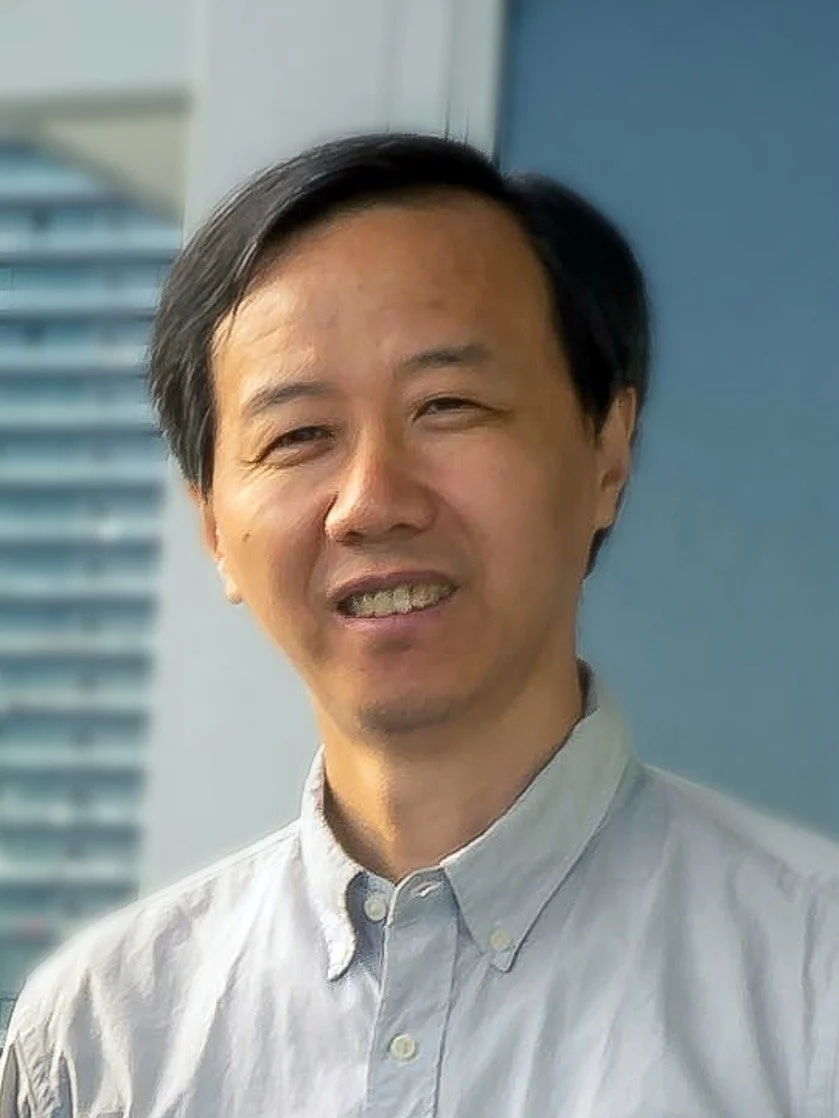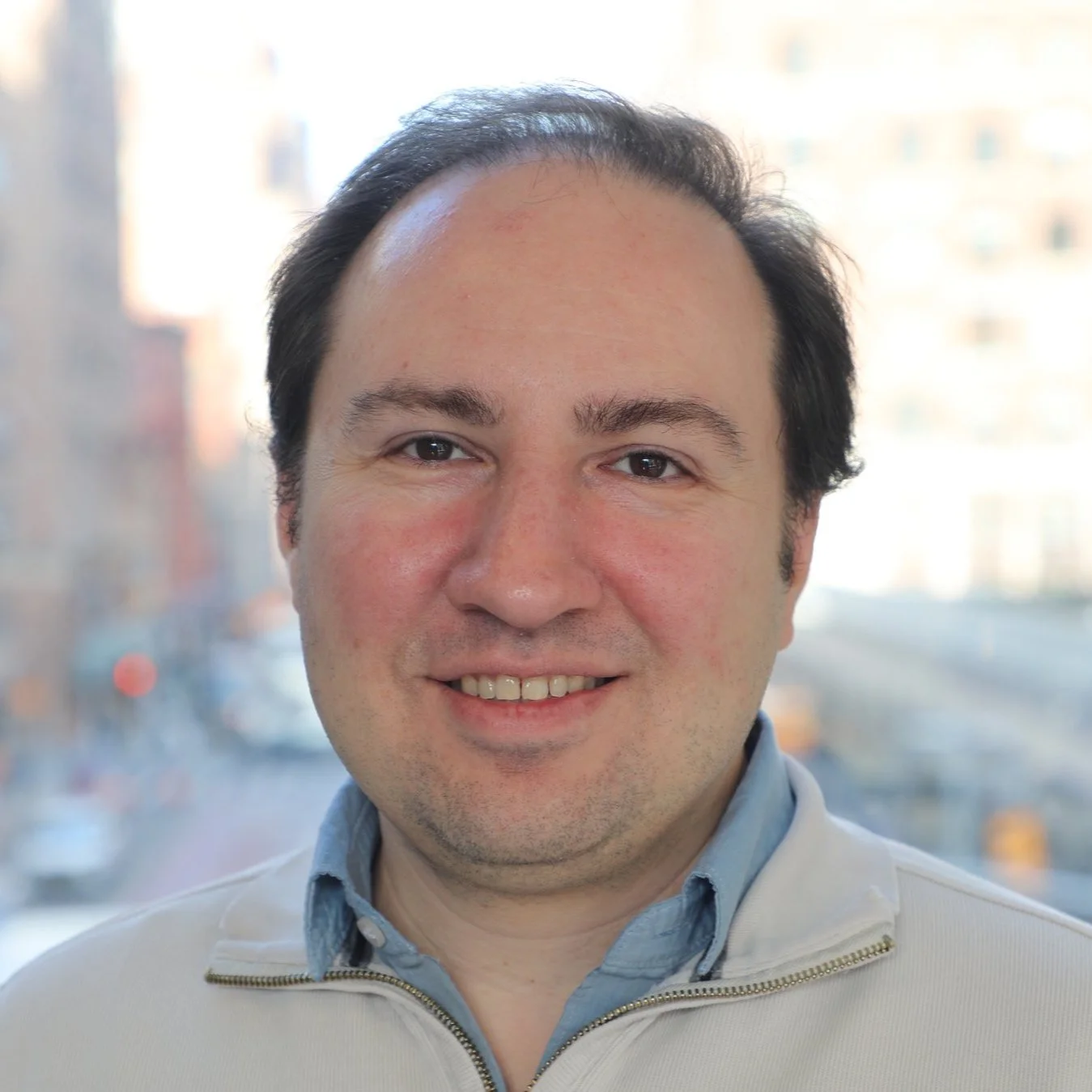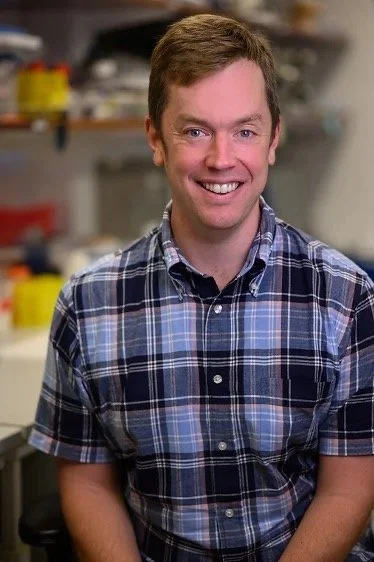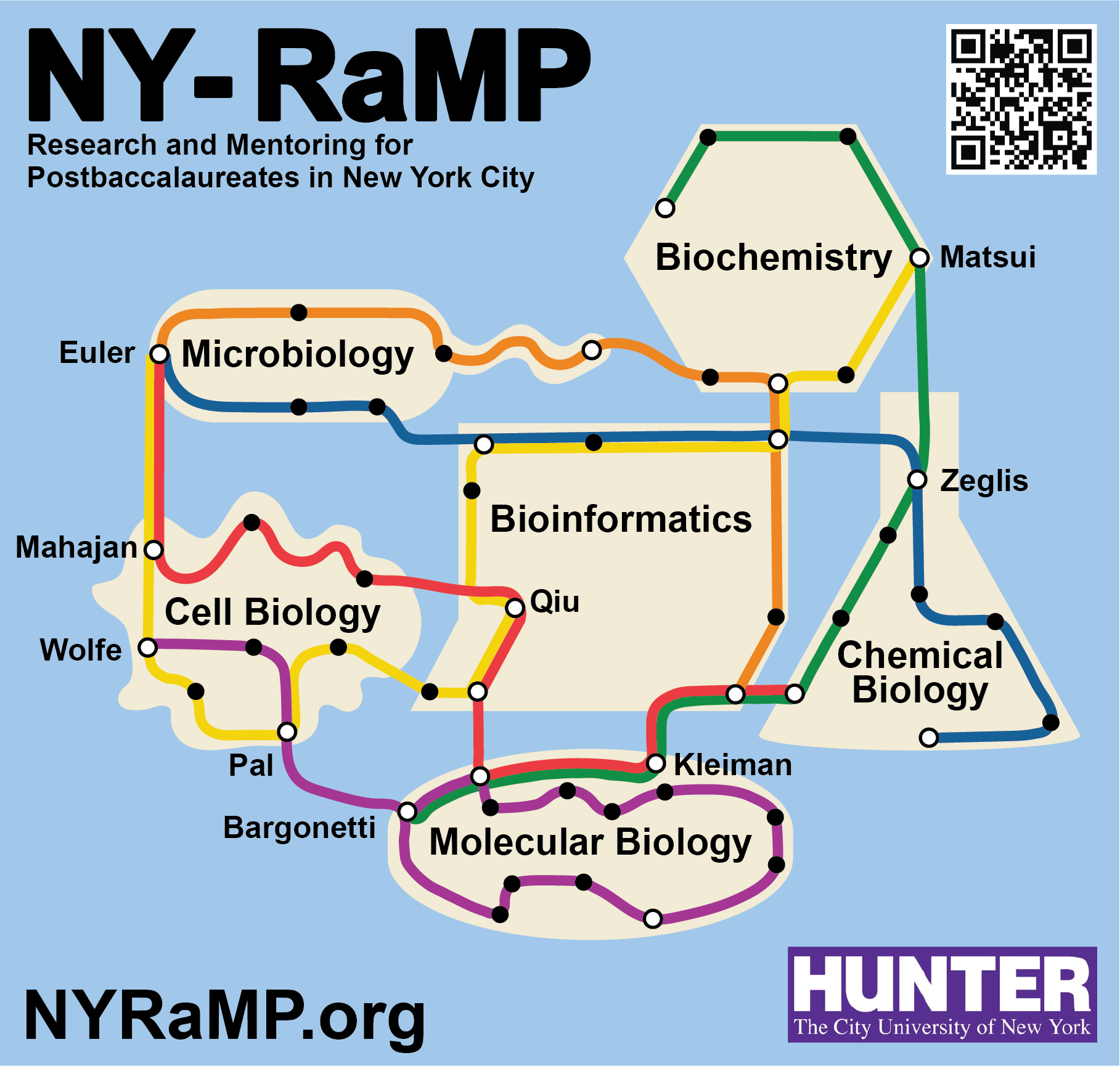Mentors
NY-RaMP Mentors are Hunter College faculty members with active research laboratories in the Belfer Research Building.
NY-RaMP Mentors and Co-Mentors participated in training from the UC Berkeley Center for Cultural Humility.
Jill Bargonetti, Ph.D.
bargonetti@genectr.hunter.cuny.edu
Signal transduction pathways converging on the tumor suppressor p53 are central in the regulation of cell growth and cell death. Conventional chemotherapeutics result in p53 checkpoint activation. However, when the p53 pathway is blocked, or mutated, a more targeted chemotherapeutic approach is required to result in cancer cell death. A focus on such targeted approaches are central to the research being carried out in the Bargonetti laboratory. The work by the Bargonetti team focuses on the mutant p53, Mdm2, and MdmX molecular signal transduction pathways. Her team works understand the DNA damage and DNA replication signaling pathways that allow cells to replicate out of control. They also investigate how to activate p53-independent cell death pathways that facilitate killing resistant cells that have cancer persistent repair (CPR). Presently their work is carried out using human cancer cell line models, xenograft models, and C. elegans nematode models. The Bargonetti research team is using genetically engineered tools to decrease expression of and/or mutate the three oncogenes (i.e. Mdm2, MdmX, and oncogenic mutant p53) because they hypothesize that these biomarkers allow persistent cell proliferation.
Chad Euler, Ph.D.
ceuler@hunter.cuny.edu
Bacteriophage are ubiquitous viruses that can infect, modify, and/or kill bacteria, thereby modulating bacterial survival and pathogenesis. Utilizing a combination of microbiology, immunology, and protein engineering, the Euler laboratory seeks to exploit millions of years of co-evolution and interactions of these organisms to develop innovative diagnostics, new antimicrobials, and a better understanding of the mechanisms involved in bacterial disease. The Euler lab currently focuses on three main projects: 1. The Role of Bacteriophage in Bacterial Pathogenesis and Evolution, 2. Bacteriophage Lysins as Novel Antimicrobials, and 3. Diagnosing Children Predisposed to Rheumatic Fever.
Frida Kleiman, Ph.D.
fkleiman@hunter.cuny.edu
The projects in the Kleiman lab are aimed to study control of gene expression. The current view is that gene expression in different conditions and cell types is mainly regulated at the transcriptional and post-translational levels. Our research seeks to change this paradigm and aims to understand how cell-specific profiles are generated from mRNA 3’ processing and mRNA stability regulation. We study the effect of RNA binding proteins on mRNA profiles in different cellular conditions such as apoptosis, DNA damage response (DDR), Alzheimer’s disease (AD), cancer, etc. Her research on mRNA processing is aimed to understand the development, detection and potential treatments of triple negative breast cancer and colon cancer, both of which have high incidence in the African American population. For the last 20 years, her research has been mostly supported by the United States Army Medical Research and Materiel Command, the US Department of Defense Breast Cancer Research Program, National Science Foundation and National Institutes of Health. She is Hunter College Leader of Research Education Core, Synergistic Partnership for Enhancing Equity in Cancer Health (SPEECH), also known as U54. She was awarded with a full project in the SPEECH for her work on Epigenetic Factors and the Microbiome in Disparities in Colon Cancer Outcomes. This part of the Temple University-Fox Chase Cancer Center/Hunter College Regional Comprehensive Cancer Health Disparity Partnership. She is also the co-Principal Investigator Interdisciplinary Guided Network for Investigation, Translation and Equity (IGNITE) at Hunter, All of Us program from NIH. She is currently leading the “All of Us Friday Morning Coffee” by IGNITE with more than 160 registered participants. Topics in this curriculum series include basics about the data available, how to use Workbench tools, and how to use All of Us in research proposals. This is going to important in your future application as NIH is “strongly” encouraging that. This is organized by Hunter College, Northwell Health and Physician Affiliate Group of New York (PAGNY).
Shahana Mahajan, Ph.D.
smahajan@hunter.cuny.edu
The Mahajan lab is a cancer research focused lab that studies osteosarcoma. Osteosarcoma is a bone cancer prevalent in children and young adults. The survival rate of patients with metastatic disease is very low. The lab is investigating drugs that are effective in killing metastatic osteosarcoma cells.
Hiroshi Matsui, Ph.D.
hmatsui@hunter.cuny.edu
Dr. Matsui’s research group focuses on bionanotechnology, nanotechnology, biomaterials, sensors, electronics, medical imaging and quantum computing. The main projects in the lab involve 1) Drug/gene delivery using cage-shaped iron oxide nanoparticles and 2) Amplification of therapeutic exosome/extracellular vesicle (EV) generation.
Weigang Qiu, Ph.D.
wqiu@hunter.cuny.edu
Dr. Qiu is an evolutionary and computational biologist interested in microbial population genomics and evolution. The laboratory’s primary research system is Borrelia burgdorferi, the bacterium causing Lyme disease bacteria. In parallel with technological advances in DNA sequencing and computing, research approaches in the Qiu lab has evolved from using single genes, to multilocus genotyping, to whole-genome comparisons, and to simulation-based understanding of genome-evolution mechanisms. Since 2018, they have begun to translate our decades-long understandings of arm-race evolution between Borrelia strains and host immunity into the design of broad-spectrum vaccine candidates against multiple B. burgdorferi strains (see a blog post on the Nature Microbiology Portfolio). The vaccine development project is in collaboration with the lab of Professor Maria Gomes-Solecki of UTHSC. In software tools development, the Qiu lab are a member of BioPerl Consortium and developers of the BpWrapper (https://github.com/bioperl/p5-bpwrapper), a set of BioPerl-based utilities to manipulate sequences, alignments, and phylogenetic trees on the UNIX/Linux command line. During the COVID-19 pandemic, they developed a Python-based simulator of SARS-CoV-2 genome evolution (https://github.com/weigangq/cov-db). The goal of training in the Qiu lab is for students and trainees to become evolutionary, algorithmic, and probabilistic thinkers
Dhiman.Pal@Hunter.cuny.edu
Eukaryotic cells navigate their environment by migrating in response to chemical and mechanical cues, enabling essential physiological functions during development and in the adult. Disruptions in sensing or transducing these external signals to the cytoskeletal machinery can impair cell migration, leading to developmental abnormalities, immune deficiencies, and cancer metastasis. Understanding how dynamic signal transduction regulates the front–back cytoskeletal polarity of migrating cells is therefore critical. Our lab investigates how functional crosstalk between membrane lipids and Ras signaling at the plasma membrane spatiotemporally organizes the cytoskeleton to drive directed cell movement. Using both cell culture and whole-organism models, we combine quantitative live-cell imaging with genetically encoded biosensors, optogenetic actuators, and complementary lipidomic and proteomic approaches to uncover the fundamental principles that govern cell motility in health and disease.
Andrew Wolfe, Ph.D.
awolfe@genectr.hunter.cuny.edu
The Wolfe lab focuses on understanding the biology of oncogenes and RNA binding proteins. Why do so many cancers recur after seemingly successful treatment? The Wolfe lab strives to gain a deeper understanding of how tumors depend on driver oncogenes to reprogram their growth, metabolism, and survival signals. Understanding mechanisms by which pancreatic cancers, lung cancers, and colorectal cancers develop resistance to targeted therapies is instrumental to developing innovative approaches that can improve patient outcomes. How does the regulation of RNA help a cell decide when it is the right time to divide? We also study how RNA binding proteins control cell proliferation, toward a deeper understanding of the networks that impact cellular behaviors. The lab employs techniques related to molecular biology, pharmacology, biochemistry, cancer signaling, tissue culture, large-scale screening, models of cancer, flow cytometry, deep-sequencing, CRISPR, and more.
Brian Zeglis, Ph.D.
bz102@hunter.cuny.edu
The research in the Zeglis Laboratory focuses on the design, synthesis, preclinical validation, and clinical translation of novel pharmaceuticals for the imaging and therapy of disease, particularly cancer. We are particularly interested in work at the intersection of molecular imaging and iorthogonal chemistry. It is important to us that we note that in most — if not all — of our work, the members of the Zeglis Laboratory work closely with our good friends and collaborators in the Department of Radiology at Memorial Sloan Kettering Cancer Center, specifically the laboratory of Dr. Jason Lewis. Key directions in the lab include: 1) the development of in vivo pretargeting strategies for the imaging and therapy of cancer, 2) the creation of site-specifically labeled immunoconjugates for imaging and therapy, and 3) exploring the interplay between radioimmunoconjugates and the immune system.



